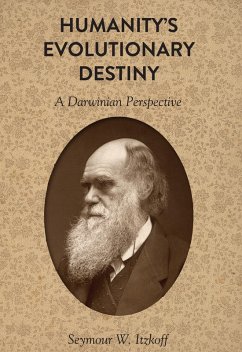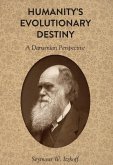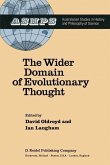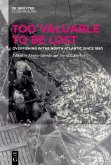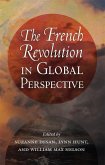Humans are biological creatures first. Culture is an expression of our brain and neurological function. Intelligence is the key to the flourishing of the human super-species. Humanity has reached the point where two sub-species are now competing within the earthly ecology. These are not defined by any of the existing racial categories, rather, intellectual and cultural behavior. They can be symbolized as Homo sapiens and Homo sapiens sapiens.
In evolutionary history, no two sub-species have ever been able to cohabit a limited ecology. The outcome of this inherent selective conflict is written in the history of the human genus Homo, that is, the successive increases in brain size and intelligence and the disappearance of earlier, less corticalized forms of Homo. Civilization will eventually be shaped by the domination of Homo sapiens sapiens.
In evolutionary history, no two sub-species have ever been able to cohabit a limited ecology. The outcome of this inherent selective conflict is written in the history of the human genus Homo, that is, the successive increases in brain size and intelligence and the disappearance of earlier, less corticalized forms of Homo. Civilization will eventually be shaped by the domination of Homo sapiens sapiens.
Dieser Download kann aus rechtlichen Gründen nur mit Rechnungsadresse in A, D ausgeliefert werden.

